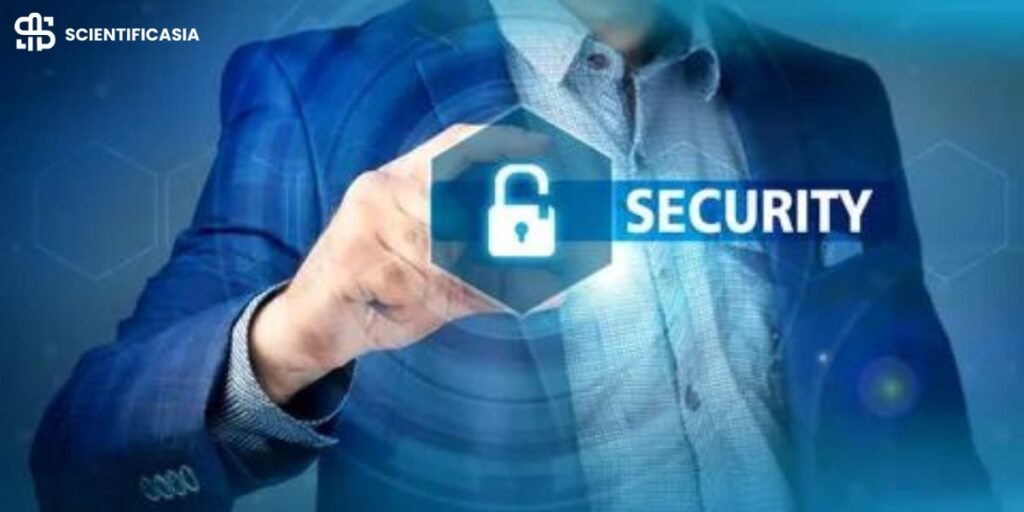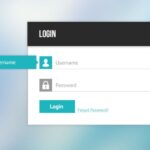Public Wi-Fi networks are often considered risky, as they do not have an added security layer, and are prone to hacking. But some precautions can help you prevent getting your devices compromised while sitting in a local cafe.
As someone who frequently works remotely, I understand how important it is to keep your devices secure, especially while connected to the public internet. This is why I decided to pen down a guide on the best security tips while accessing public networks in cafes, airports, or any other place.
No matter if you have to access your banking app, travel records, personal documents, or anything else that requires the internet, make sure that you follow the below-mentioned tips to access them securely.
3 Ways to Stay Secure When Using Public Network

1. Use a secure VPN
One of the finest ways to protect your online presence is using a VPN, While some of you may not know the actual use case of a VPN, let me give it a shot. A VPN is a tool that connects you to a different server that is situated somewhere else. For example, if you are in Paris, and want to stay anonymous while using the internet, you can use a VPN to connect to New York.
While you may look for the best VPNs on Google, if you ask me, I highly recommend Surfshark VPN, as it offers robust encryption, a strict no-logs policy, and user-friendly apps for various devices.
2. Use Strong Passwords
We are always lazy when it comes to creating a high-security password. Creating easy-to-guess passwords is always a bad idea, especially in 2024. It is highly recommended to create a password with one capital, and some alphanumerics.
You can also use Google’s auto-suggest password feature, which saves the suggested passwords in its database, which is secured with an additional layer of account passwords. However, if you do not trust anyone with your passwords, just write them down in a notebook and keep them secret from everyone.
But I will always suggest you use a password manager, as it is not easy to remember so many passwords, and if your notebook is misplaced, you will have to change all of those passwords. It’s quite a lot of work, isn’t it?
3. Use Two-Factor Authentication for Enhanced Security
Two-factor authentication is one of the most important security measures that every website offers. It works by sending a one-time password or a magic link to the email and phone number linked to your website’s account.
So, even if your password is leaked, or found by some hacker, your account will be secure, and not compromised. This step is sometimes an additional step and has to be activated by going to the security settings of the website where you have created an account.
Moreover, there are dedicated apps for 2FA authentication, which can be linked to your account and generate a unique login code every 20 seconds. This not only keeps your account safe even after password theft, but also prevents your sensitive information from getting stolen.
Conclusion
The three essential steps outlined in this article—using a trusted VPN service, using strong and unique passwords for every account, and enabling two-factor authentication—form a highly secure firewall that can effectively shield you from cyber threats.
Using these tactics and practical measures helps you confidently browse the internet, check your emails, and conduct online transactions, even on public Wi-Fi, without compromising your privacy or exposing yourself to potential data breaches.
Prioritizing your digital security is no longer a luxury; it’s a necessity in today’s cyber-threat landscape. Stay vigilant, stay secure, and enjoy the freedom of accessing the internet from anywhere, knowing that your online activities and sensitive information are well-protected.














